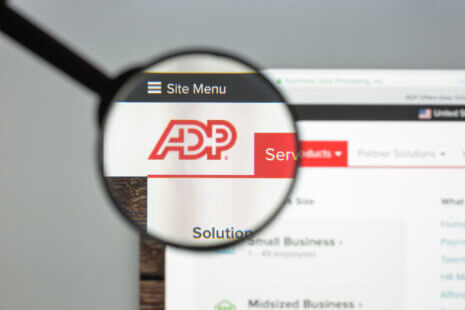The concept that business and personal money should be kept separate is commonly referred to as “business and personal financial separation” or “maintaining a clear financial separation between business and personal finances.” This principle emphasizes the importance of keeping distinct financial records and accounts for your business and personal activities.
Here are some key reasons why this separation is essential:
- Legal and Tax Compliance: Separating business and personal finances is often required by law and tax authorities. Commingling funds can lead to legal and tax complications, potentially affecting your business’s legal status and tax liability.
- Financial Clarity: Maintaining separate accounts and records makes it easier to track and manage your business’s income, expenses, and financial performance accurately. It provides clarity and transparency in your financial statements.
- Limited Liability Protection: For certain business structures, such as corporations and LLCs, maintaining a clear separation between business and personal finances is crucial to preserving limited liability protection. Failing to do so may result in “piercing the corporate veil,” potentially exposing personal assets to business liabilities.
- Accurate Financial Reporting: Separation facilitates accurate financial reporting, making it easier to prepare financial statements, tax returns, and other required financial documents. This is especially important for businesses seeking financing or investors.
- Easier Audits and Reviews: In case of financial audits or reviews by tax authorities or investors, having clearly separated financial records can streamline the process and demonstrate your commitment to financial transparency.
- Budgeting and Planning: Separating personal and business finances enables better budgeting and financial planning. You can set aside funds for business expenses, taxes, and savings more effectively.
- Personal Asset Protection: By keeping personal finances separate from business activities, you reduce the risk of personal assets being used to cover business debts or liabilities in the event of financial difficulties.
To implement the concept of separating business and personal finances, consider the following practices:
- Open a separate business bank account and credit card for all business-related transactions.
- Clearly label and categorize all financial transactions as either business or personal.
- Maintain detailed records of business income and expenses, including invoices, receipts, and financial statements.
- Avoid using business funds for personal expenses and vice versa.
- Adhere to any legal or regulatory requirements related to financial separation in your jurisdiction.
By adhering to the principle of maintaining a clear financial separation between your business and personal finances, you can help ensure financial accountability, compliance, and protection for both your business and personal assets.




